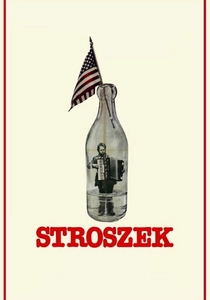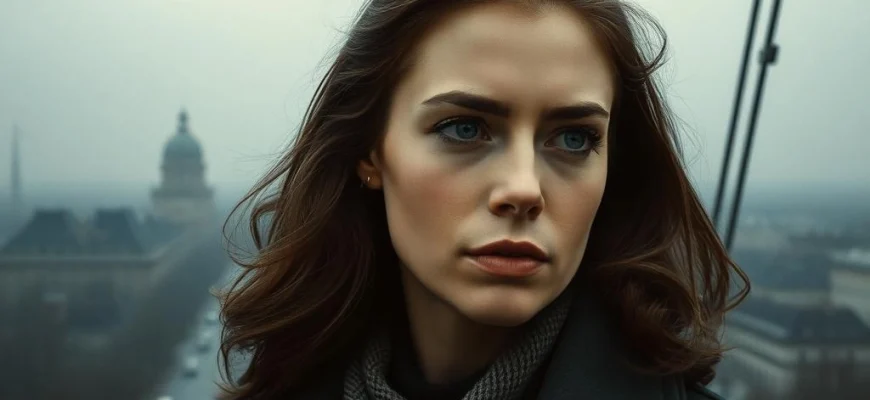If you were captivated by 'The Marriage of Maria Braun' (1979), Rainer Werner Fassbinder's gripping tale of love, survival, and post-war Germany, you'll love these 10 similar films and shows. This article explores titles that share its themes of resilience, complex relationships, and historical depth, offering fans more thought-provoking storytelling.

Pandora's Box (1929)
Description: A groundbreaking silent film that examines female sexuality and societal hypocrisy through the tragic downfall of its free-spirited protagonist.
Fact: The film was considered scandalous at the time and nearly destroyed the career of its star. It features one of cinema's first lesbian characters.
 Watch Now
Watch Now 
The Blue Angel (1930)
Description: A tragic story of obsession and social downfall, featuring a respectable man's destructive infatuation with a cabaret performer.
Fact: This was Germany's first major sound film. The production famously discovered Marlene Dietrich, who became an international star after its release.
 Watch Now
Watch Now 
M (1931)
Description: A psychological crime drama that delves into mob mentality and societal fears, featuring innovative sound design and a morally complex narrative.
Fact: This was the director's first sound film. The famous whistled theme was based on 'In the Hall of the Mountain King' from Peer Gynt.
 Watch Now
Watch Now 
The Bitter Tears of Petra von Kant (1972)
Description: A deeply psychological drama exploring themes of power, control, and emotional manipulation within relationships, set against a claustrophobic domestic backdrop.
Fact: The entire film takes place in a single apartment, creating an intense, theatrical atmosphere. It was shot in just two weeks.
 Watch Now
Watch Now 
Ali: Fear Eats the Soul (1974)
Description: Examines societal prejudices and the struggles of an unconventional relationship in post-war Germany, with a focus on class and racial tensions.
Fact: The film was inspired by Douglas Sirk's 1955 melodrama 'All That Heaven Allows'. It was made on an extremely low budget with a tight shooting schedule.
 Watch Now
Watch Now 
The Enigma of Kaspar Hauser (1974)
Description: Explores themes of social alienation and the cruelty of societal norms through the story of a feral child adapting to civilization.
Fact: The lead actor was a street musician with no prior acting experience. The film won the Grand Prix at Cannes in
 Watch Now
Watch Now 
Fox and His Friends (1975)
Description: A tragic story of exploitation and social climbing in working-class Germany, featuring themes of manipulation and the corrupting influence of money.
Fact: This was one of the first mainstream films to openly depict gay relationships. The lead actor was a non-professional who never appeared in another film.
 Watch Now
Watch Now 
The Lost Honor of Katharina Blum (1975)
Description: A gripping political thriller that critiques media sensationalism and its destructive impact on individuals, set against a backdrop of social paranoia.
Fact: The film was based on a novel written in response to the real-life treatment of suspected terrorists by German media. It sparked significant controversy upon release.
 Watch Now
Watch Now 
Stroszek (1977)
Description: A bleak yet darkly humorous examination of displacement and the failure of the American Dream, featuring outsiders struggling in an unfamiliar society.
Fact: The film features real-life non-actors playing versions of themselves. The final scene with the dancing chicken became iconic in cinema history.
 Watch Now
Watch Now 
Nosferatu the Vampyre (1979)
Description: A haunting reinterpretation of classic material that explores themes of obsession and decay, with a distinctively slow, atmospheric approach.
Fact: This was the first sound film version of the Nosferatu story. The production was plagued by difficulties including a hurricane that destroyed sets.
 Watch Now
Watch Now 








